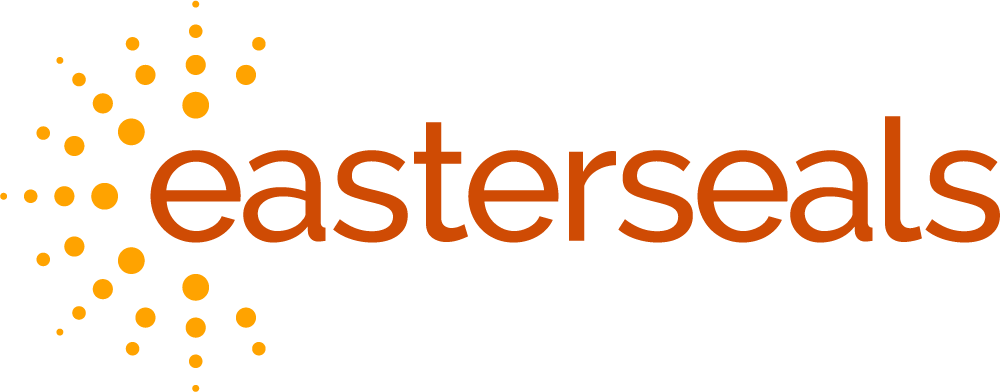[Resolved] Legislation to Delay Electronic Visit Verification
UPDATE 7.31. On July 30, President Trump signed into law bipartisan legislation (H.R. 6042) supported by Easterseals to delay implementation of the electronic visit verification (EVV) requirement for certain Medicaid services. The new law provides states an additional year to implement the EVV system for personal care services.
In addition, the new law recommends that the Centers for Medicare & Medicaid Services (CMS) solicit stakeholder feedback through a public meeting and regularly communicate with stakeholders throughout the EVV implementation process. The law identifies individuals and entities who provide personal care services or home health care services as stakeholders in this process. Other identified stakeholders include state Medicaid directors, beneficiaries, family caregivers, Medicaid managed care organizations, and EVV vendors
—-
Based on affiliate feedback, Easterseals sent letters of support to the U.S. Senate and U.S. House of Representatives sponsors of bipartisan legislation (S. 2897/H.R. 5912) to delay the recent electronic visit verification (EVV) requirement for certain Medicaid waiver services. The recent 21st Century Cures Act mandated that states implement EVV for Medicaid personal care services (by January 1, 2019) and home health care services (by 2023) that require an in-home visit by a provider. The Easterseals-supported legislation would delay implementation by one year and require the Centers for Medicare and Medicaid Services (CMS) to seek stakeholder input through a formal rulemaking process.
Easterseals affiliates who provide home health and personal care services provided the Office of Public Affairs (OPA) with information on the impact the new mandate will have on their staff and clients. Our Easterseals support letter highlighted affiliate concerns, including the lack of information and guidance and implementation concerns such as personal privacy, internet connectivity in rural areas, and EVV software and hardware costs. OPA joined other disability organizations in meeting with CMS officials on June 13th to discuss these and other EVV implementation concerns. OPA will continue to track and advocate for an EVV delay to ensure a seamless transition to an electronic visit verification system for individuals with disabilities and older adults who benefit from Medicaid home health and personal care services.
See Easterseals letters of supports for Senate and House electronic visit verification (EVV) delay legislation, June 12, 2018
